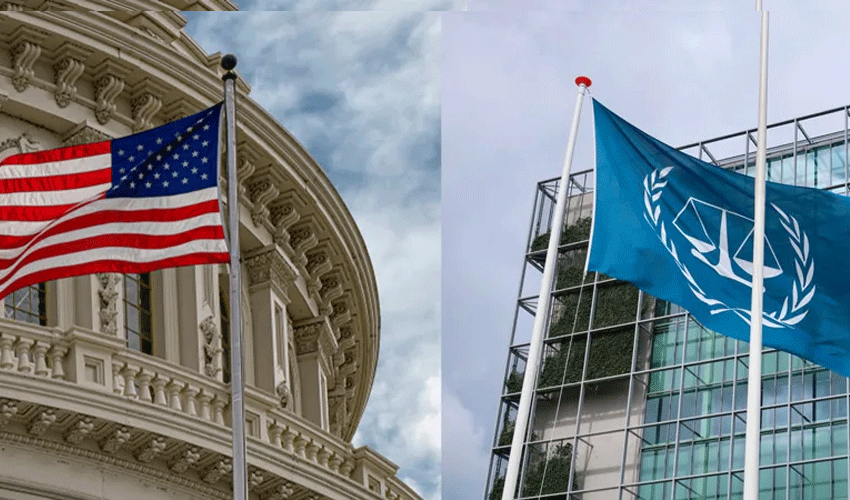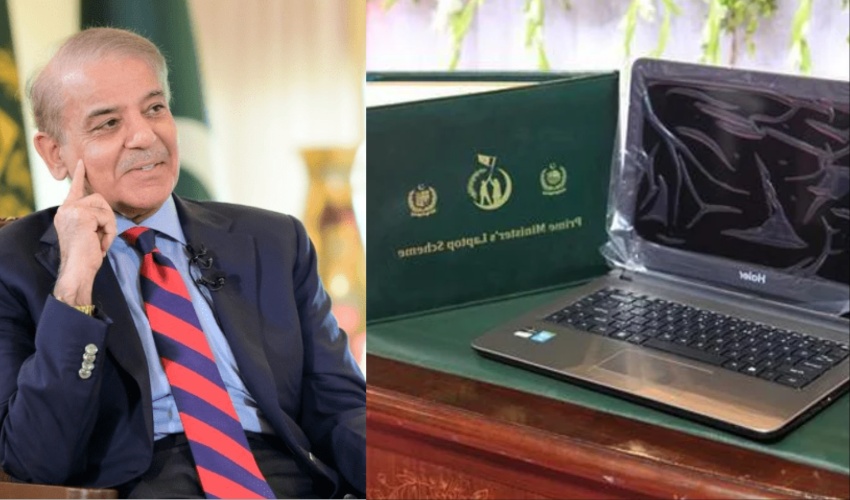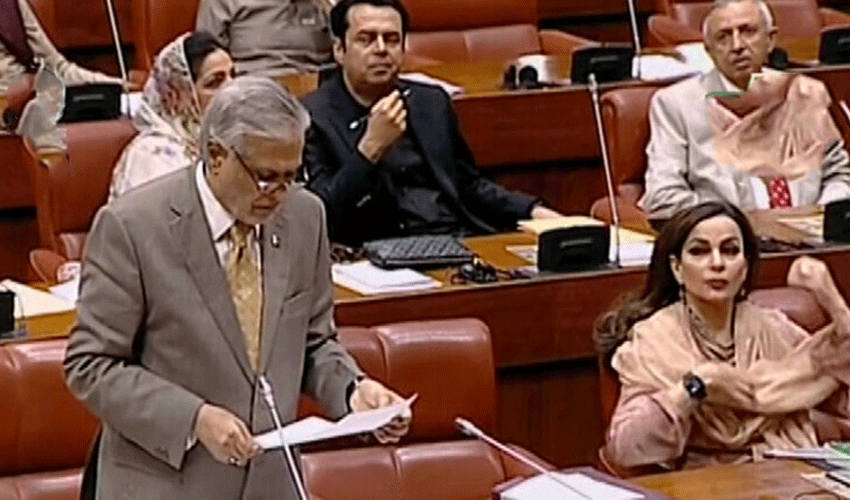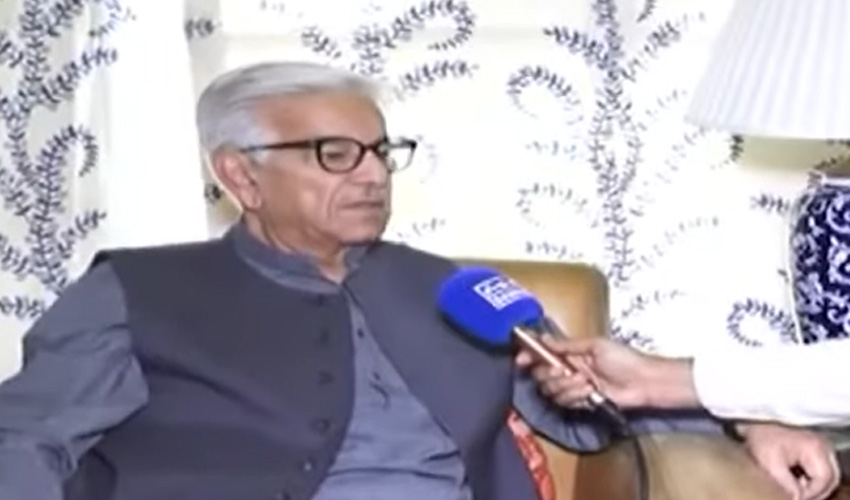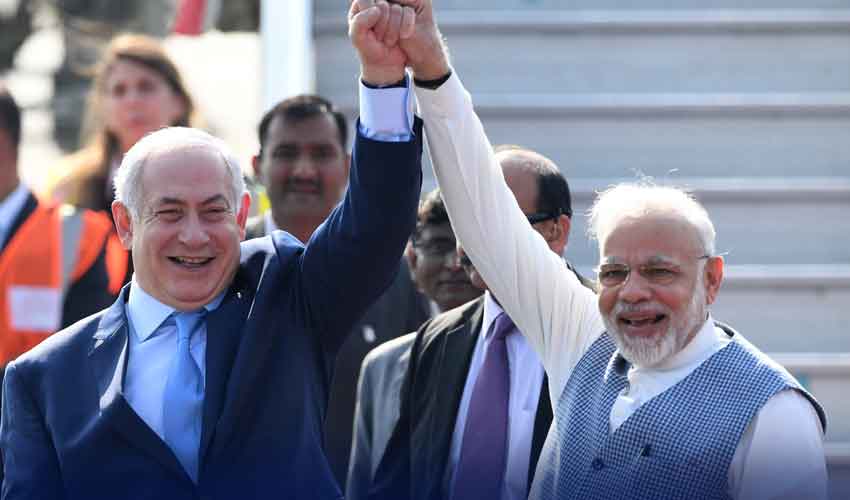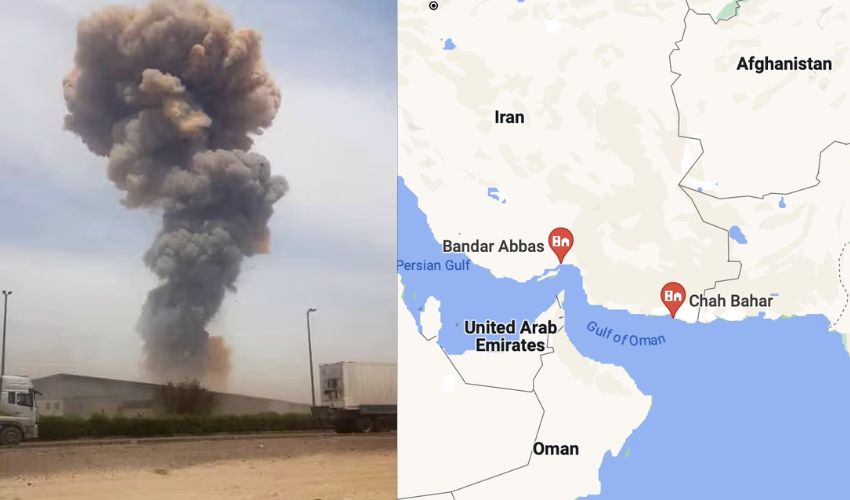U.S. President Donald Trump on Thursday authorized economic and travel sanctions targeting people who work on International Criminal Court investigations of U.S. citizens or U.S. allies such as Israel, repeating action he took during his first term.
ICC condemned the sanctions on Friday and called on its 125 member states to support its staff.
"The court stands firmly by its personnel and pledges to continue providing justice and hope to millions of innocent victims of atrocities across the world, in all situations before it," it said in a statement.
Trump's move coincided with a visit to Washington by Israel's Prime Minister Benjamin Netanyahu, who - along with his former defense minister and a leader of Palestinian militant group Hamas - is wanted by the ICC over the war in the Gaza Strip.
It was unclear how quickly the U.S. would announce names of people sanctioned. During the first Trump administration in 2020, Washington imposed sanctions on then-prosecutor Fatou Bensouda and one of her top aides over the ICC's investigation into alleged war crimes by American troops in Afghanistan.
The sanctions include freezing any U.S. assets of those designated and barring them and their families from visiting the United States.
The Netherlands, the host nation of the court based in The Hague, said it regretted the sanctions.
"The court's work is essential in the fight against impunity," Dutch Foreign Minister Caspar Veldkamp said in a post on X.
The International Criminal Court building is seen in The Hague, Netherlands, January 16, 2019. REUTERS/Piroschka van de Wouw/File Photo Purchase Licensing Rights, opens new tab
But Hungarian Prime Minister Viktor Orban, a staunch ally of Trump, said the sanctions showed it might be time to leave the ICC.
"It's time for Hungary to review what we're doing in an international organization that is under U.S. sanctions! New winds are blowing in international politics. We call it the Trump-tornado," he said on X.
CRIMES AGAINST HUMANITY
The ICC is a permanent court that can prosecute individuals for war crimes, crimes against humanity, genocide and the crime of aggression against the territory of member states or by their nationals. The United States, China, Russia and Israel are not members.
Trump signed the executive order after U.S. Senate Democrats last week blocked a Republican-led effort to pass legislation setting up a sanctions regime targeting the war crimes court.
The court has taken measures to shield staff from possible U.S. sanctions, paying salaries three months in advance, as it braced for financial restrictions that could cripple the war crimes tribunal, sources told Reuters last month.
In December, the court's president, Judge Tomoko Akane, warned that sanctions would "rapidly undermine the court's operations in all situations and cases, and jeopardize its very existence".
Russia has also taken aim at the court. In 2023, the ICC issued an arrest warrant for President Vladimir Putin, accusing him of the war crime of illegally deporting hundreds of children from Ukraine. Russia has banned entry to ICC chief prosecutor Karim Khan and placed him and two ICC judges on its wanted list.





